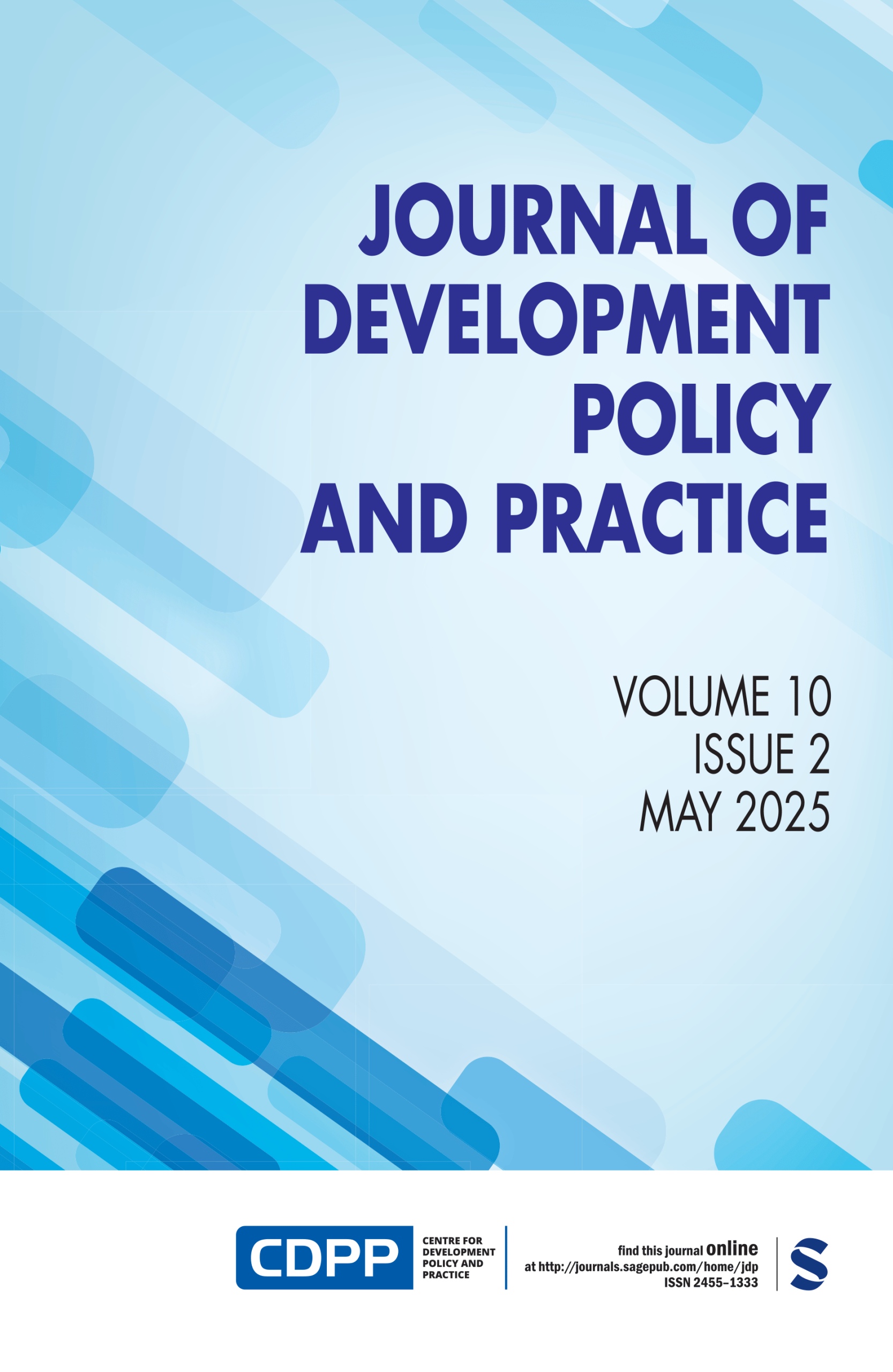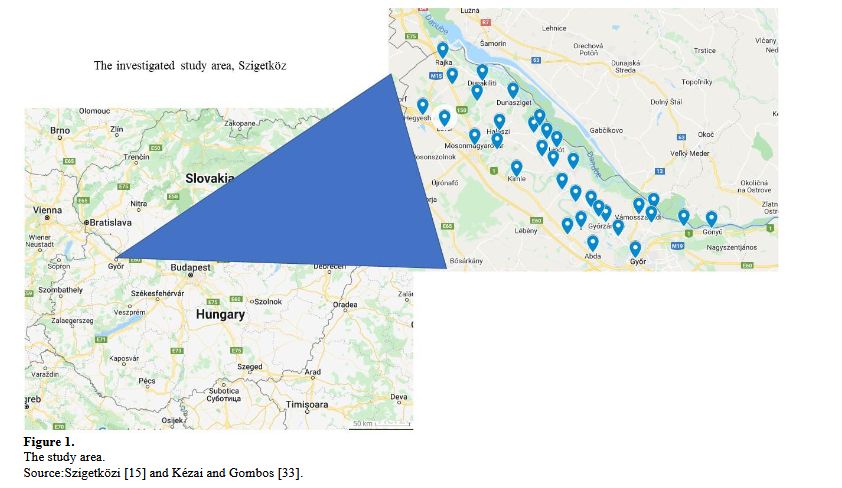The lecture will take place in a hybrid format via zoom interface and in person in the CTI seminar room T 4.23 on 1 February 2024, from 13.00.
Presenter: Ertl Antal 
Title: Loss Aversion in the Classroom: an experimental approach (with Barna Bakó, Éva Holb)
Abstract: This paper investigates the impact of loss aversion framing on students’ test scores through a field experiment conducted in an economics course. Grounded in Prospect Theory, the study aims to elucidate how individuals respond to losses and gains in an academic environment using three treatments: giving points, endowing students with a hundred percent score and subtracting points with wrong answers, and changing between giving and subtracting points. We find evidence that loss-framing increases study outcomes compared to simply getting points. We do not find evidence for heterogeneous gender-effects, and our hypothesis on the effect of loss-aversion diminishing over time is also not supported by our results.







